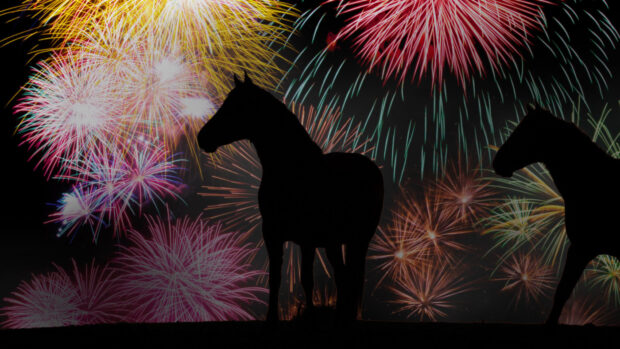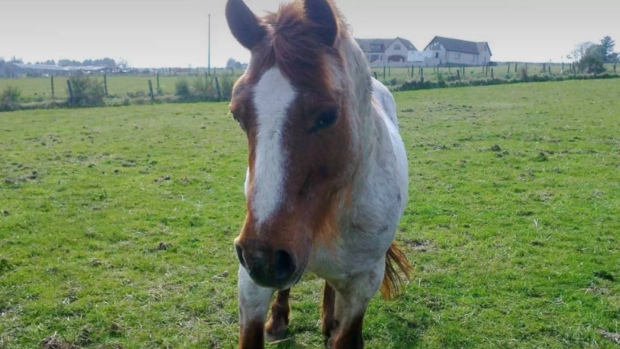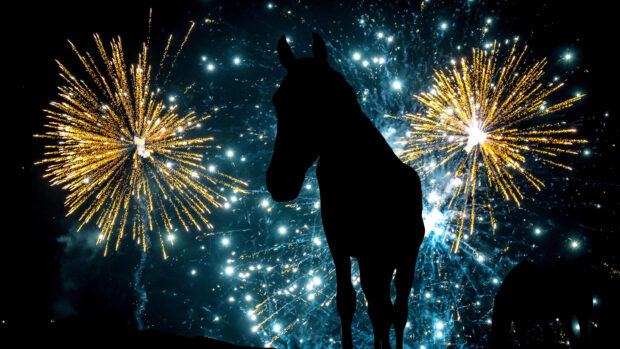The latest parliament debate on fireworks was “progress”, despite the fact the Government has no plans to introduce tougher legislation – but the “will of the people” cannot be ignored much longer.
On 8 November, MP Elliot Colburn led the debate of the 2020 petition, calling for the sale and use of fireworks to be limited to organisers of licensed displays, which was signed by 301,610 people. This is the fifth parliament debate on a fireworks petition since 2016.
Mr Colburn referenced a public survey he ran before the debate which had 75,000 responses, 89% supporting a ban on fireworks other than for organised events. Of the MPs who took part in the debate, none opposed the petition and there were calls for a change to legislation, but the Government maintained its position that an “outright ban on fireworks, or on their sale to the public, is not the appropriate course of action”.
Paul Scully, parliamentary under-secretary of state for business, energy and industrial strategy, said he was “sorry to hear” how some people and animals had been affected by fireworks – and that the Government is “committed to promoting the safe and considerate use of fireworks”. Last October (news, 5 November 2020), the Office for Product Safety and Standards commissioned a programme to determine noise levels of common fireworks sold for public use – but during the debate, Mr Scully “freely admitted” the report had not been published as the work was delayed owing to Covid.
Mr Scully referred to the petitions committee’s 2019 fireworks inquiry, which concluded that introducing further restrictions on fireworks was “not the appropriate course of action, due to unintended consequences” – and said the Government agrees.
“The Government believes the most balanced course of action is to continue to pursue non-legislative measures on fireworks to complement existing legislation,” he said, adding that the Government is aware of Scotland’s new regulations, restricting the times of day and the volume of fireworks that can be sold to the public, and times fireworks can be set off. It is also aware of a proposed Scottish Bill, including requiring the public to meet conditions before they can buy fireworks, and he is interested to see “how it pans out”.
Mr Colburn, who sits on the petitions committee, told H&H Mr Scully’s response was “basically saying, we’re not changing the law”; rather the Government wants to ramp up awareness campaigns and work with charities and councils towards guidelines for responsible firework use.
He added that the Government response was “expected” owing to the 2019 inquiry, but it was “clear and evident” the topic will not go away.
“There is no doubt in my mind we will be debating this again next year. As a member of the petitions committee, because it’s one of those campaigns that keeps coming back, I feel a certain sense of responsibility to try to ensure that it does get the attention it deserves,” he said.
“The point of the petition system was to give the public a voice in parliament. It wasn’t created to force the Government to do what a petitioner says, but once something has had as much interest as this, you have to ask, ‘Why does this keep coming back?’ There’s clearly a big concern here, and we need to see what we can do to address it. Otherwise, I think people will lose faith in the system.”
Mr Colburn said his “key message” is to keep campaigning.
“If the issue falls off the radar, it won’t get looked at. The sustained pressure on MPs being contacted by their constituents – and therefore putting pressure on the Government – and also through the petition system, generates this sense of ‘This cannot be ignored,’” he said.
Campaigner Julie Doorne, who created the petition, told H&H the number of MPs who spoke in its favour, and the points raised about the different individuals and animals affected by fireworks, was positive. A new petition, Make fireworks illegal to buy, with the exception of public displays, has been launched in the hope of a debate in Parliament in 2022. It had been signed by more than 30,000 people as H&H went to press.
“You could see how frustrated the MPs were getting [during the debate] and if they’re frustrated, like we are, they’re going to push for change – and that’s what we need,” she said.
“I think people will be disappointed by the response but they shouldn’t be disheartened. We’ve got to keep the pressure up and keep knocking on the door. The Government can’t keep ignoring the will of the people.”
Since launching an online reporting survey as part of the Bang out of Order reporting campaign in October, the RSPCA has received 663 firework-related incident reports from horse owners.
“While it’s disappointing there are no current plans to bring in any new legislation, we will continue with our awareness campaign to support concerned animal owners who contact us every year,” an RSPCA spokesman told H&H.
Horse & Hound magazine, out every Thursday, is packed with all the latest news and reports, as well as interviews, specials, nostalgia, vet and training advice. Find how you can enjoy the magazine delivered to your door every week, plus options to upgrade your subscription to access our online service that brings you breaking news and reports as well as other benefits.




